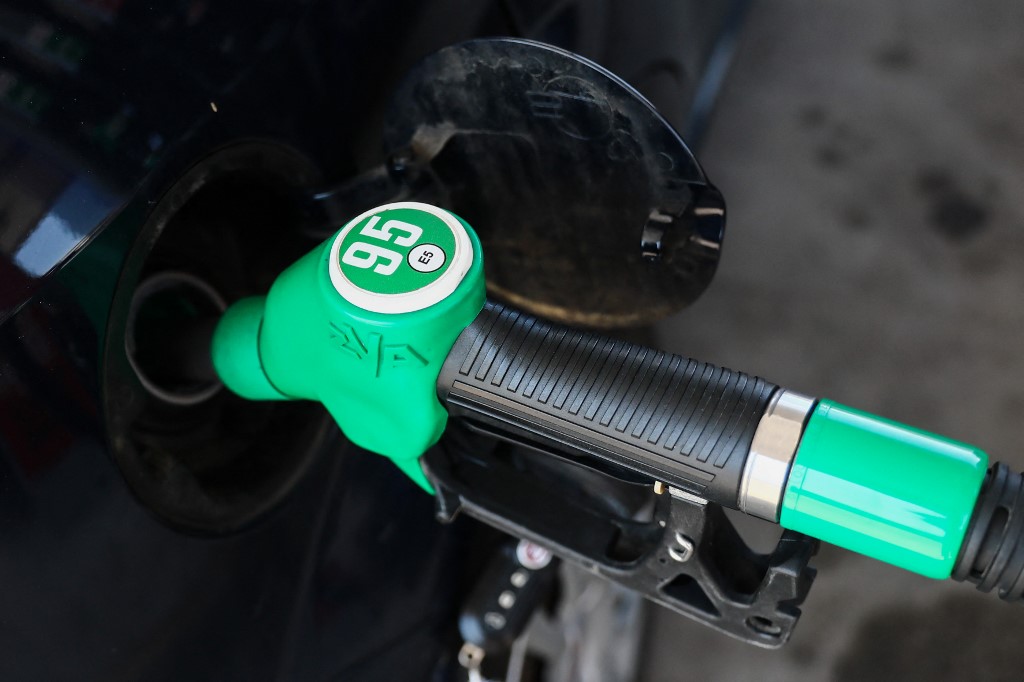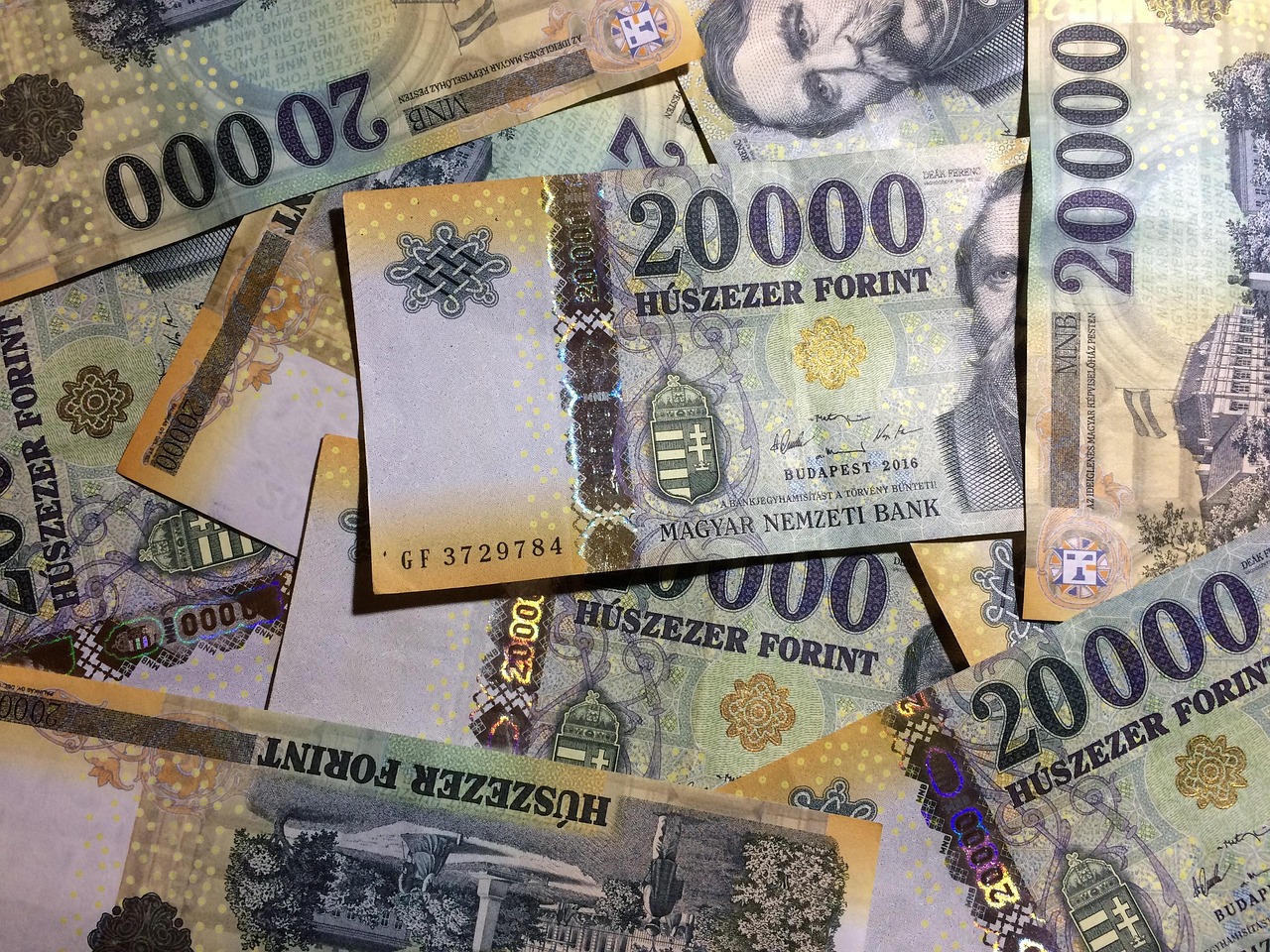Apollo Tyres Bring New Foreign Investment to Hungary Amidst CEU Protests
It has been a turbulent time for Hungary in the last few days, as CEU protests dominate the news and rock the political scene in Budapest. Away from the capital, however, there have been some positive developments in a business sense. A new car tyre manufacturer has opened a short distance away from Budapest in Gyöngyöshalász, which will hopefully boost the local economy.
CEU Protests
On Sunday afternoon a multitude of demonstrators, estimated to be in the tens of thousands, marched on the Hungarian Parliament. This was to protest against the rushed passing of legislation which would effectively halt the Central European University’s ability to exist in Hungary.
The government has begun a tightening up of rules regarding non-governmental organisations, which will have to register with authorities should their income exceed 7.2m Ft. These protests show a dissatisfaction amongst many people regarding this philosophy, and suggests there may well be further clashes should its implementation be continued.
Apollo Tyres
Less than 100km from Budapest, however, the scene was very different, with the opening of tyre firm Apollo’s €475m factory, which spans 72 hectares. This has been supplemented with a grant of 16bn Ft from the government, which seems to contrast with their actions towards the CEU, and welcomes an Indian based firm into a country with a staunchly Eurosceptic government.
The investment is bound to stimulate the economy and create many jobs locally, with 5.5 million PCLT tyres and 675,000 commercial tyres estimated to be the final capacity come the end of Phase 1. The question still remains, however, of how international (especially European) businesses and investors will view Hungary’s unclear position on foreign investment.
Hungary’s Economy and its Future
Despite the Euroscepticism of the government, a recent study found that EU funding has played a huge role in boosting and accelerating the economy overall in recent years. It is possible that the funding which helped bring the Apollo factory come to fruition may have been helped along by EU funding, which has been propping up parts of the economy for a number of years.
As represented by the Apollo investment, the future for Hungary’s economy looks cautiously hopeful. Despite decelerated growth at the end of 2016, a growth figure of 2.8% is expected to occur in 2017.
Future Investments
Apollo Tyres could just be the beginning of prosperous investment in Hungary, as construction giants Skanska have announced that Budapest will be a focal point for the firm in the coming months. These boosts to the economy will no doubt encourage future investments from large companies, and those trading on the foreign exchange market with brokers such as IG Group may well see the forint rising in value as a result. China has also joined in on the investment front, having opened a BYD factory in Komarom this month, which will manufacture buses whilst employing around 300 people.
Despite an unsettled political scene, Hungary’s foreign investors undeterred from investing in the country. The Eurosceptic government may well be happy that some of these investors are not European, meaning that new trade links are being forged which could lessen their dependence on EU funding. This funding, however, could well have been a catalyst for the investments.
(x)





